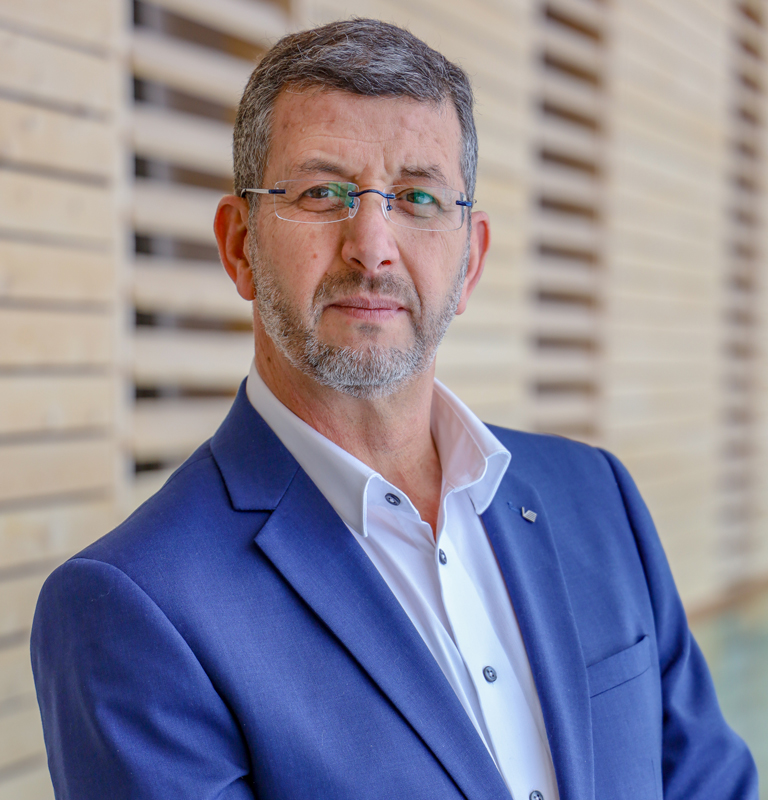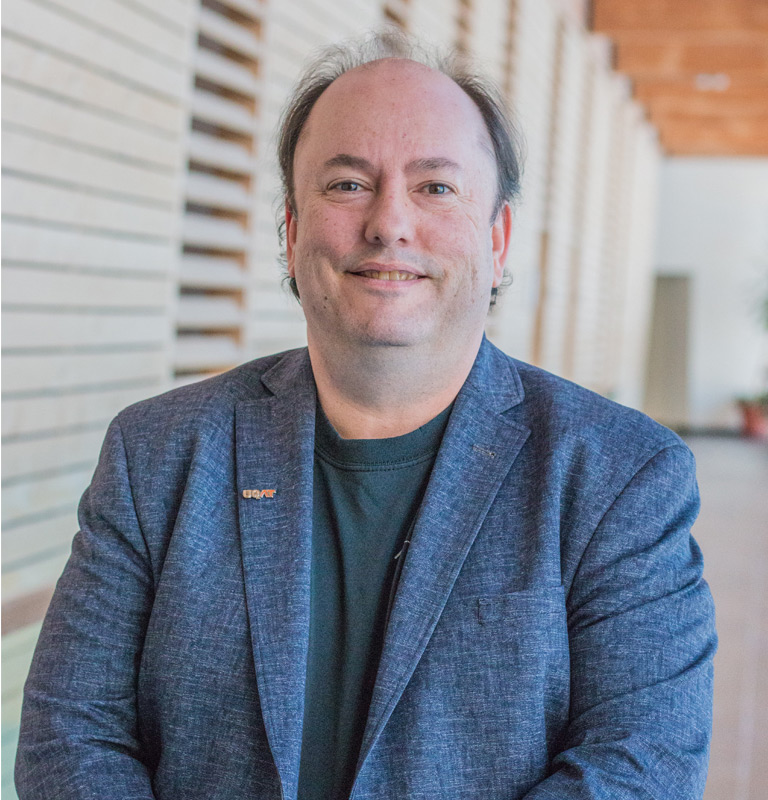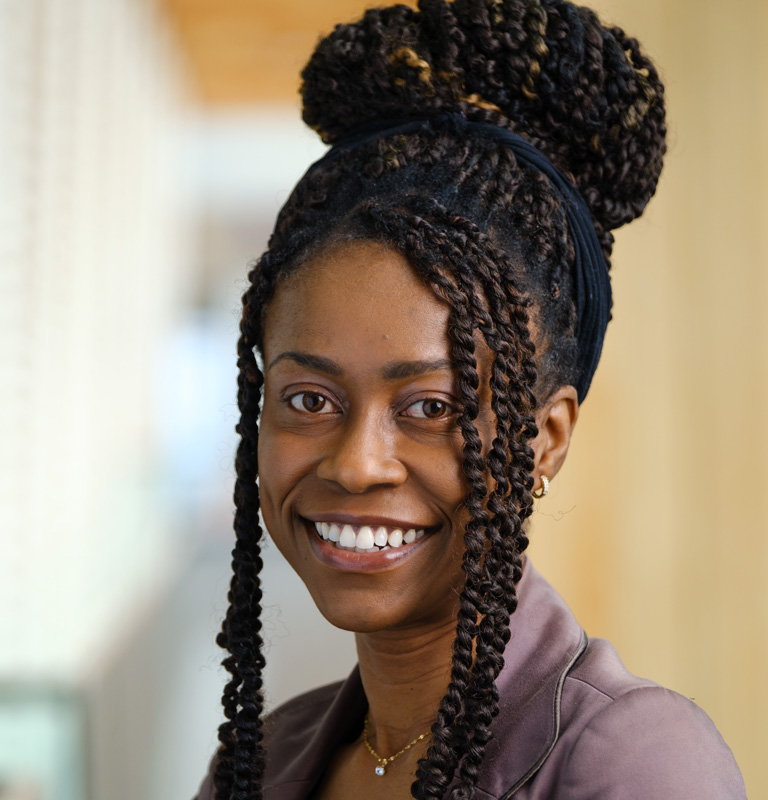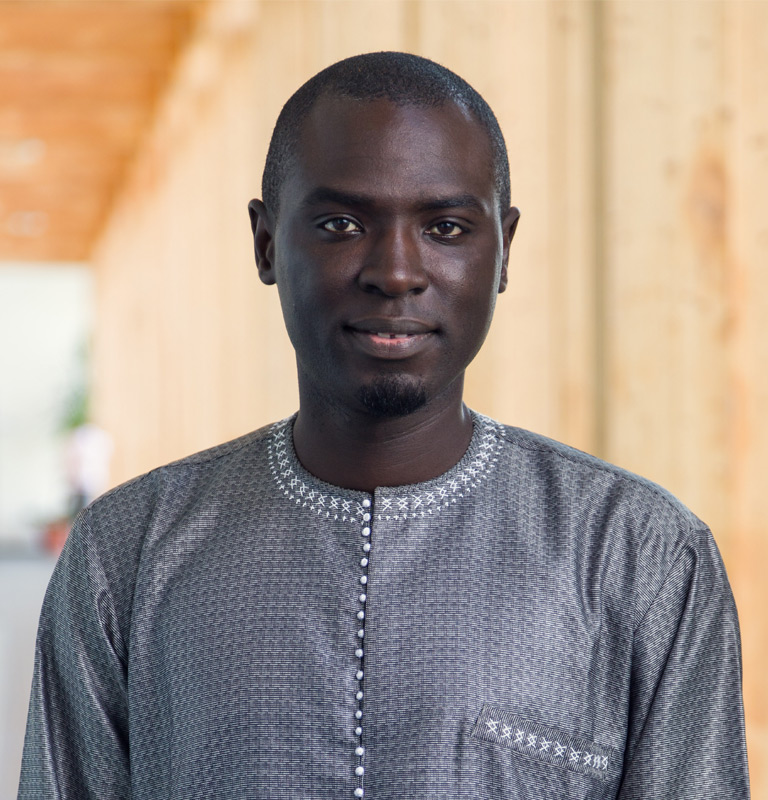
The 2nd international conference The central role of beliefs in human experience
The central role of beliefs in human experience: theoretical aspects and implications for practice
The 2nd international conference The central role of beliefs in human experience: theoretical aspects and implications for practice will be held June 19 and 20, 2024 at the Montreal location of the Université du Québec en Abitibi-Témiscamingue (UQAT).
This event is a unique opportunity to discuss the fundamental and practical questions raised by the centrality of beliefs in human experience and interpretation of social environment. It is aimed as much at researchers as at practitioners in the human and social sciences.
CONTEXT
The recent pandemic has clearly demonstrated the central role of individual and collective beliefs in forming attitudes and shaping behavior in the face of a major event. The Israeli-Palestinian and Ukrainian wars also remind us that in times of conflict, the search for truth is often sacrificed for the benefit of the propaganda of the belligerents and their allies. These events take place in a political and social context often described as the era of post-truth and fake news. Should we conclude, like Freud, that “Crowds have never known the thirst for truth. They demand illusions that they cannot give up. With them, unreality always takes precedence over reality”?
Belief can be defined, in its simplest aspect, by an individual's adherence to a statement concerning the state of the world, a statement that he/she considers to be true. However, an individual's belief may prove to be manifestly false but nevertheless implied an action in relation to it from the person’s perspective. For example, if I wrongly believe that the government tampered with the results of an election, I may try to attack its representatives.
Furthermore, beliefs are also at the heart of psychosocial intervention. They can form the basis of certain psychological therapies, for example cognitive-behavioral therapy or schema therapy. More generally, the beliefs (of cultural, religious, or spiritual nature) of the intervener and of the person (or group) targeted by a psychosocial intervention must be considered in order to optimize it.
June 19 2024
Montreal center of UQAT
(625, President-Kennedy avenue)
Free activity - open to all
Guest speakers
Professeur émérite (psychologie)
Université du Québec à Montréal
Professeur de philosophie
Brock University, Ontario
Professeur d’éthique
École de technologie supérieure
Doctorante en philosophie
Université du Québec à Montréal
Professeur de psychologie
Skidmore College, New York
Professeur de psychologie
Grand Valley State University, Michigan
 Learn more
Learn more

Organizing committee
Information
Objectifs
Plan de formation
The 2nd international conference The central role of beliefs in human experience
Conditions d'admission
Informations complémentaires
 Saïd Bergheul, Ph. D.
Saïd Bergheul, Ph. D. Guy Leboeuf, Ph. D.
Guy Leboeuf, Ph. D. Charlette Ménard
Charlette Ménard Serigne Touba Mbacké Gueye
Serigne Touba Mbacké Gueye